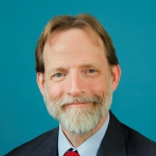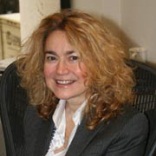Global climate change caused by accumulation of greenhouse gases in the atmosphere has been referred to as a “wicked problem” due to its complexity, severity, and apparent political intractability. It poses a serious threat to longer-term global welfare and poverty reduction. The adverse environmental effects result from globally ubiquitous but vital everyday activities, notably energy use. To reduce the scale of climate change risks to acceptable levels will require a very significant reduction in global emissions over the next few decades. Yet, significant increases in the utilization of energy services in developing countries also will be needed to achieve desired levels of output and living standards. The scale of the costs that may be borne to contain emissions, and how those costs will be shared globally, are major points of contention. Meanwhile, the benefits from containing emissions will be realized primarily in the medium- to longer-term future.
In this talk on controlling climate change, Mike Toman will first briefly sketch the nature of the policy challenge for cutting global emissions, drawing on economic and risk management perspectives. In the second part of the talk he will provide information on the policies for and costs of mitigating greenhouse gas emissions, and the implications for addressing both economic development and climate change. In the third and last part, Mike will discuss the underlying political-economy challenges in establishing credible and effective international agreements across a number of countries to control climate change.

